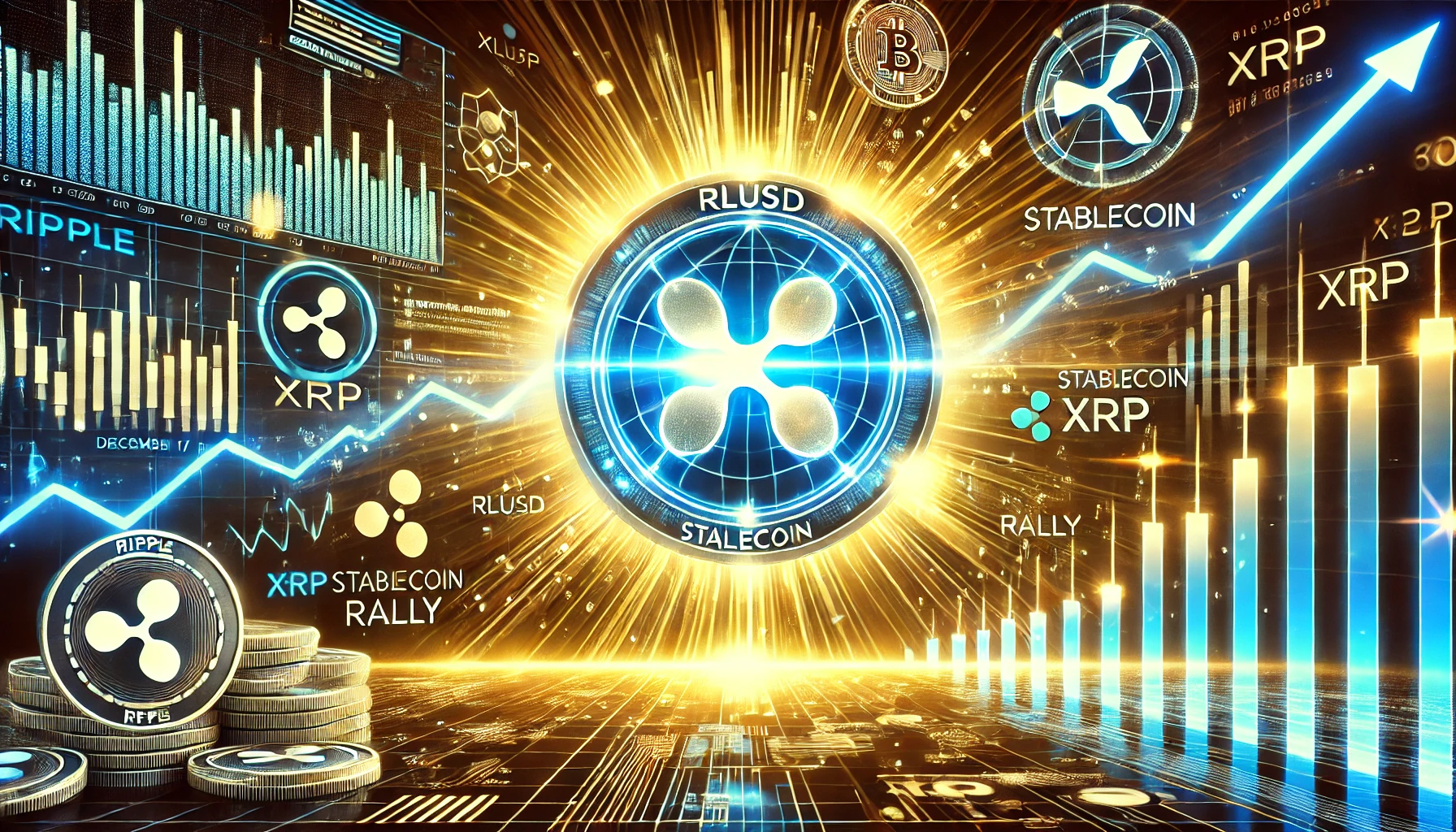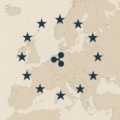Ripple news: XRP course over $ 28 is realistic-if the acquisition of Hidden Road shows the desired effect

- The purchase of Hidden Roadl by Ripple could increase the benefit of XRP if XRPL processes part of the annual volume of 3 trillion transactions, which would drive future demand.
- GROK’s model predicts that XRP could achieve $ 28.55 under favorable conditions.
The latest takeover of the first -class trading company Hidden Road by Ripple has led to speculation about the future price potential of XRP. The 1.5 billion dollar deal is a step for Ripple to expand its role in the institutional financial sector.
Hidden Road is currently managing an estimated annual transaction volume of $ 3 trillion and thus attracts the attention of analysts and market participants alike. The crucial question now is how much of this volume could realistically flow through the XRP Ledger and what effects this would have on the market value of XRP.
The purchase from Hidden Road corresponds to the strategy of Ripple, XRPL to position as an infrastructure for institutional transactions. In an interview, David Schwartz, CTO of Ripple, said that it is possible that part of Hidden Road’s activities not only transfer transactions via XRPL, but also handled. This has led to new discussions about the extent to which XRP could have more to offer in order to meet the very extensive handling of transactions between several institutions.
However, analysts have found that XRPL offers a cost -effective and fast resolution system that is suitable for large -volume transactions. It remains speculative to what extent the hidden road will put on XRPL. Market participants suspect that even a limited introduction could increase the benefits of XRP and create new demand pressure on the market.
Hypothetical XRP price model from GROK
GROK carried out a scenario analysis to examine the possible effects on the price. The implication of the is that XRPL would be responsible for processing the 3 trillion annual transactions of Hidden Road. In the first section of the paper, Grok tries to determine the price estimate of XRP using the quantity theory of money.
The analysis begins with a circulating range of 58.33 billion XRP tokens. GROK also assumes that liquidity providers and institutions could block 10% of this offer, which reduces the effectively circulating amount to 52.497 billion tokens. The model also takes into account a transaction pace of 10, which means that each XRP token would enable ten transactions per year.
Using these figures, Grok predicts that XRP would need a market capitalization of $ 300 billion to support the full transaction volume of $ 3 trillion. If the market capitalization is divided by the reduced circulating offer, there is an estimated price of $ 5.71 per XRP.
Mood and market conditions play an important role
In addition to these basic calculations, Grok also takes into account the market mood and speculation. It is assumed that the demand from institutions will be high and that the regulatory environment in the industry will remain positive in addition to the high recognition by the investors. In a similar situation, speculation, Grok increases the value by five times in order to bring the imaginary value of XRP to $ 28.55.
However, there are several potential restrictions on the analysis. Another crucial determinant remains the speed of XRP use. The estimated price may become more expensive if the transaction speed increases from 10 to over 20. On the other hand, a speed of 5 could possibly increase the estimated price.
GROK also points out that practical problems with the introduction such as the competition through other settlement networks, regulatory questions and infrastructural restrictions can slow down the ability of XRPL to process the entire volume of $ 3 trillion.





No Comments